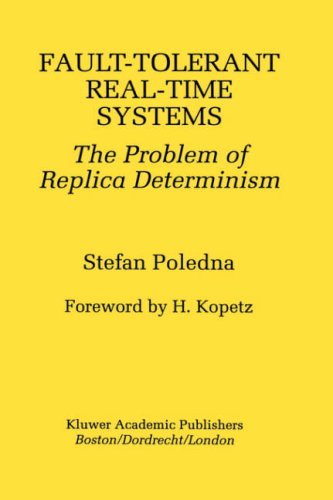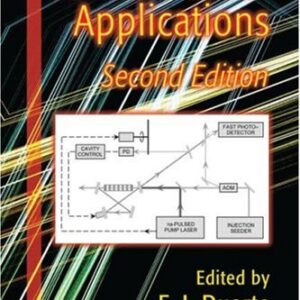Real-time computer systems are very often subject to dependability requirements because of their application areas. Fly-by-wire airplane control systems, control of power plants, industrial process control systems and others are required to continue their function despite faults. Fault-tolerance and real-time requirements thus constitute a kind of natural combination in process control applications. Systematic fault-tolerance is based on redundancy, which is used to mask failures of individual components. The problem of replica determinism is thereby to ensure that replicated components show consistent behavior in the absence of faults. It might seem trivial that, given an identical sequence of inputs, replicated computer systems will produce consistent outputs. Unfortunately, this is not the case. The problem of replica non-determinism and the presentation of its possible solutions is the subject of Fault-Tolerant Real-Time Systems: The Problem of Replica Determinism. The field of automotive electronics is an important application area of fault-tolerant real-time systems. Systems like anti-lock braking, engine control, active suspension or vehicle dynamics control have demanding real-time and fault-tolerance requirements. These requirements have to be met even in the presence of very limited resources since cost is extremely important. Because of its interesting properties Fault-Tolerant Real-Time Systems gives an introduction to the application area of automotive electronics. The requirements of automotive electronics are a topic of discussion in the remainder of this work and are used as a benchmark to evaluate solutions to the problem of replica determinism.
Engineering
{PDF} Fault-Tolerant Real-Time Systems: The Problem of Replica Determinism (The Springer International Series in Engineering and Computer Science) Stefan Poledna
$19.99






Reviews
There are no reviews yet.